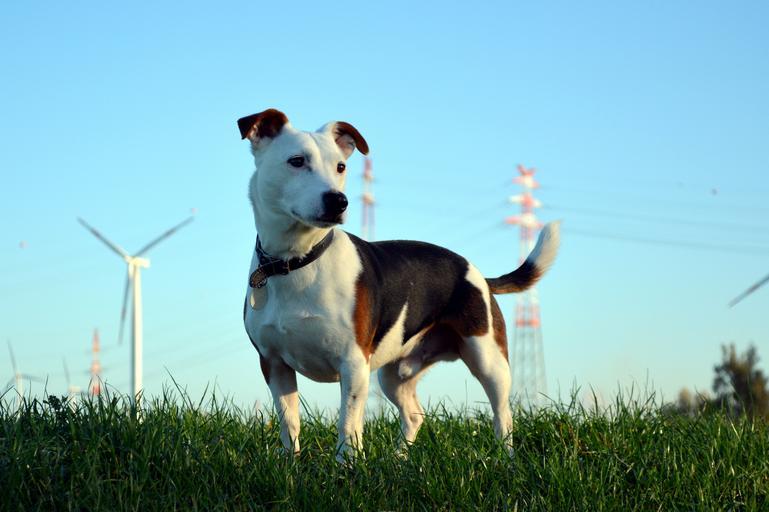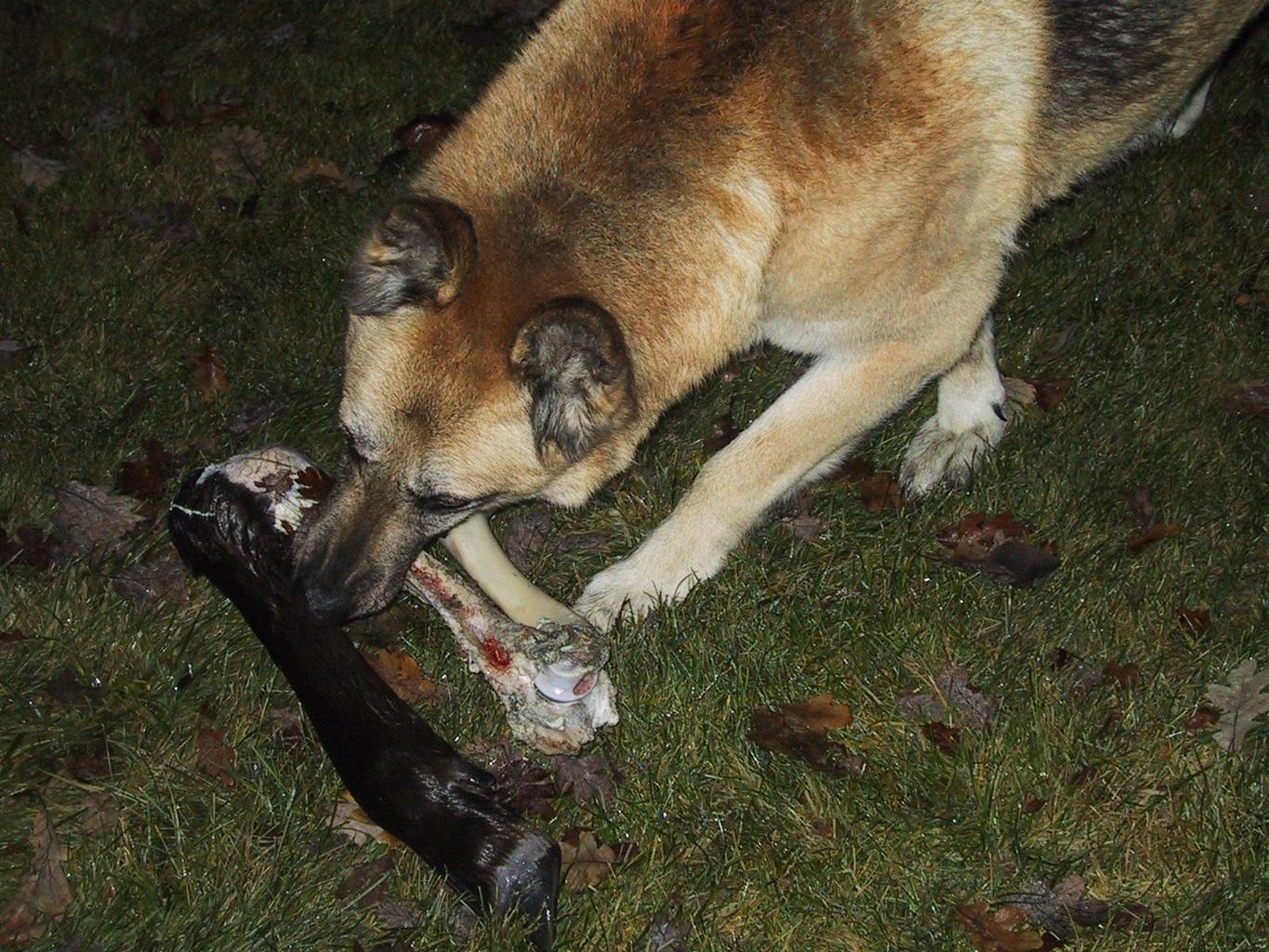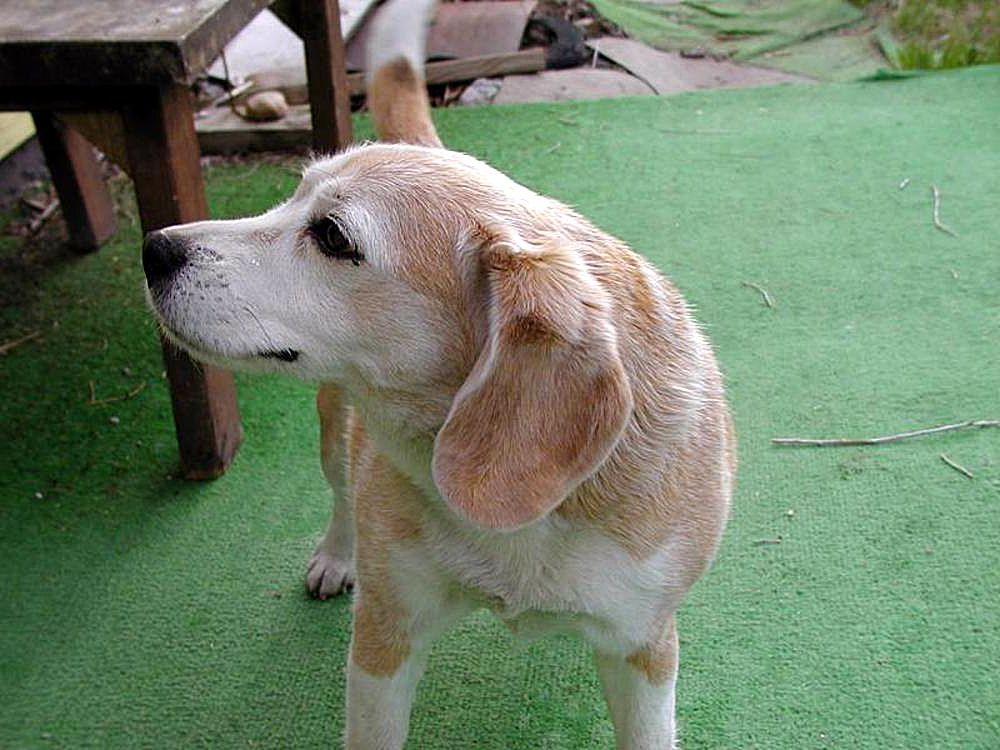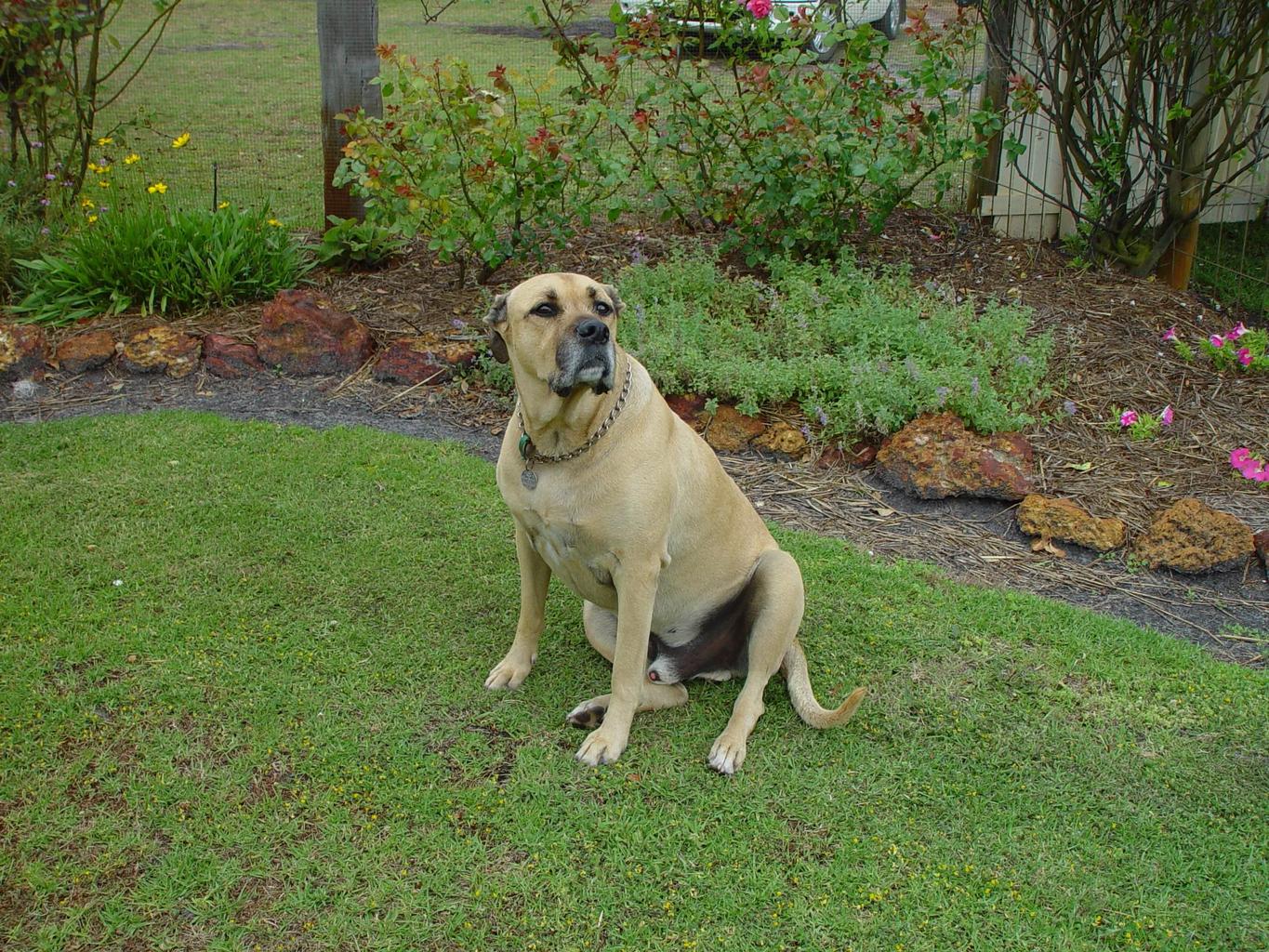There is no denying that our furry companions deserve the very best when it comes to their diet. After all, a healthy and balanced diet can do wonders for their overall well-being. But with so many options available, choosing the right dog food can be an overwhelming task. One of the most popular trends in the pet food industry is grain-free dog food. But is it really the best choice for your pup? Let’s bark up the right tree and explore the yay or nay of grain-free dog food.
Bark up the Right Tree: Is Grain-Free Dog Food a Yay or Nay?
Grain-free dog food is a relatively new trend in the pet food industry. The idea behind it is that dogs are carnivores, and their bodies are not designed to digest grains like corn, wheat, and soy. Instead, grain-free dog food is made with high-quality animal proteins like chicken, lamb, and fish, which are easier for dogs to digest. So, is grain-free dog food a yay or nay? The answer is not so simple.
While some dogs may benefit from a grain-free diet, it’s not necessary for all dogs. In fact, many dogs do just fine on a diet that includes grains. It really depends on your dog’s individual needs. If your dog has a grain allergy or intolerance, then grain-free dog food may be the way to go. Additionally, if your dog is overweight or has digestive issues, a grain-free diet may also be beneficial. However, if your dog is healthy and has no dietary restrictions, there’s no need to switch to a grain-free diet.
Paws for a Moment: The Pros and Cons of Grain-Free Dog Food
As with any type of dog food, there are pros and cons to a grain-free diet. Some of the pros include:
- Easier digestion: Grain-free dog food is easier for dogs to digest, which can lead to fewer digestive issues like diarrhea and vomiting.
- Better weight management: Grain-free dog food is often higher in protein and lower in carbohydrates, which can help dogs maintain a healthy weight.
- Shinier coat: A diet rich in high-quality animal protein can lead to a shinier and healthier coat.
However, there are also some cons to a grain-free diet, such as:
- Cost: Grain-free dog food can be more expensive than regular dog food.
- Nutrient deficiencies: If you’re not careful, a grain-free diet can lead to nutrient deficiencies, especially if you’re not supplementing with vitamins and minerals.
- Lack of variety: Grain-free dog food often contains a limited variety of ingredients, which can be boring for dogs.
In conclusion, grain-free dog food is not necessarily a yay or nay. It really depends on your dog’s individual needs. If your dog has a grain allergy or intolerance, or if they have digestive issues, a grain-free diet may be beneficial. However, if your dog is healthy and has no dietary restrictions, there’s no need to switch to a grain-free diet. As always, it’s important to consult with your veterinarian to make sure you’re providing your furry friend with the best possible diet.







